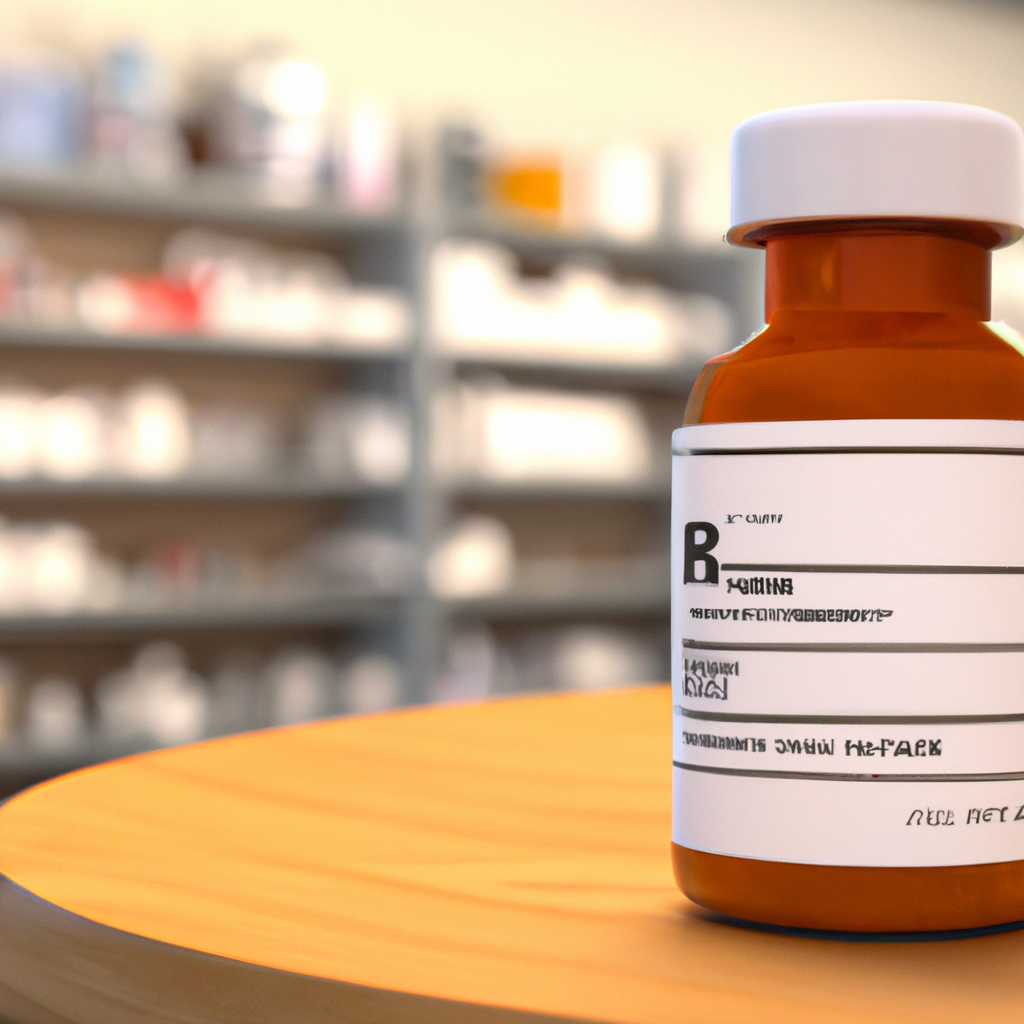According to a new report released by the House Committee on Oversight and Accountability, pharmacy-benefit managers (PBMs) are guiding patients towards more expensive medications and restricting their choice of pharmacies.
The report, reviewed by the Wall Street Journal, is the outcome of a 32-month investigation by the committee leading up to a hearing involving executives from the nation’s largest PBMs.
PBMs serve as third-party administrators for prescription drug plans on behalf of health insurers, negotiating pricing with pharmaceutical companies and determining patients’ out-of-pocket expenses. Express Scripts, UnitedHealth Group’s OptumRx, and CVS Health’s Caremark, the three largest PBMs, manage about 80% of prescriptions filled in the United States.
The committee’s findings revealed that PBMs often favor higher-priced brand-name drugs over more affordable alternatives. For instance, the report referenced emails from Cigna employees that discouraged the use of lower-priced options for Humira, a medication for arthritis and other autoimmune diseases that cost approximately $90,000 annually, despite the availability of a biosimilar at half the price.
Additionally, the report indicated that Express Scripts informed patients they would pay less for a three-month supply of medication through its affiliated mail-order pharmacy compared to their local pharmacy, thereby limiting patient choice.
Earlier this month, the U.S. Federal Trade Commission (FTC) released a similar report, indicating that the top six PBMs control nearly 95% of all prescriptions in the country due to increasing vertical integration and market concentration.
The FTC expressed concern over the implications of these findings, stating that the leading PBMs wield substantial influence over Americans’ access to affordable medications. This situation generates a conflict of interest, as vertically integrated PBMs may prioritize their own affiliated businesses, disadvantaging independent pharmacies and inflating drug costs.
FTC Chair Lina M. Khan remarked that the investigation suggests these intermediaries are excessively charging patients for cancer medications, resulting in an additional $1 billion in revenue for PBMs.
